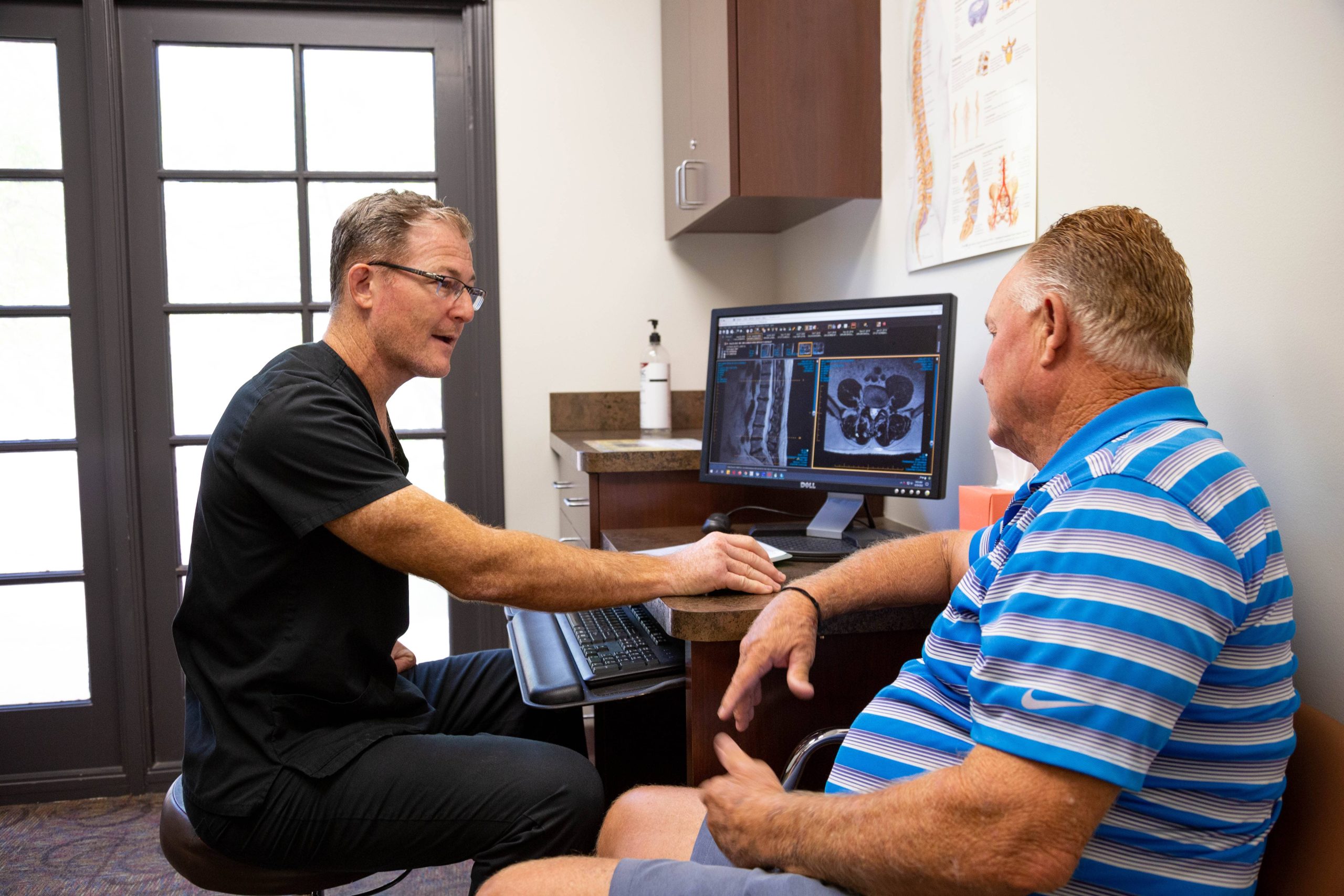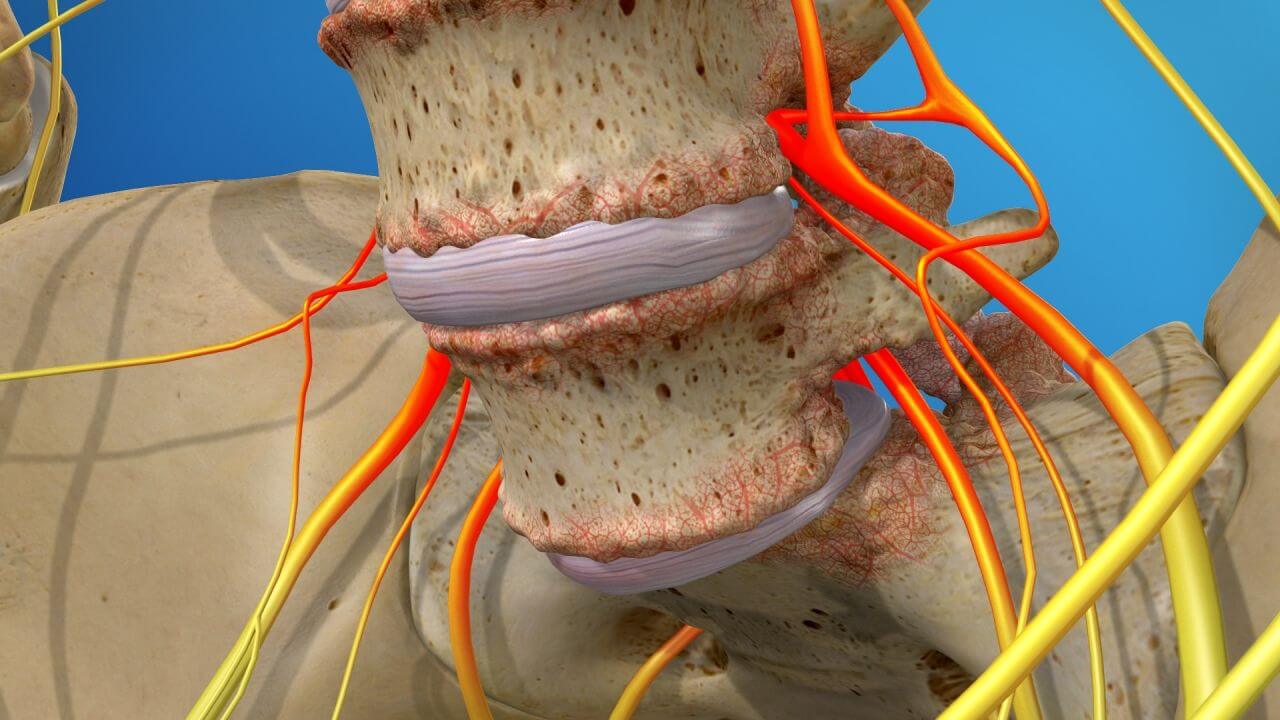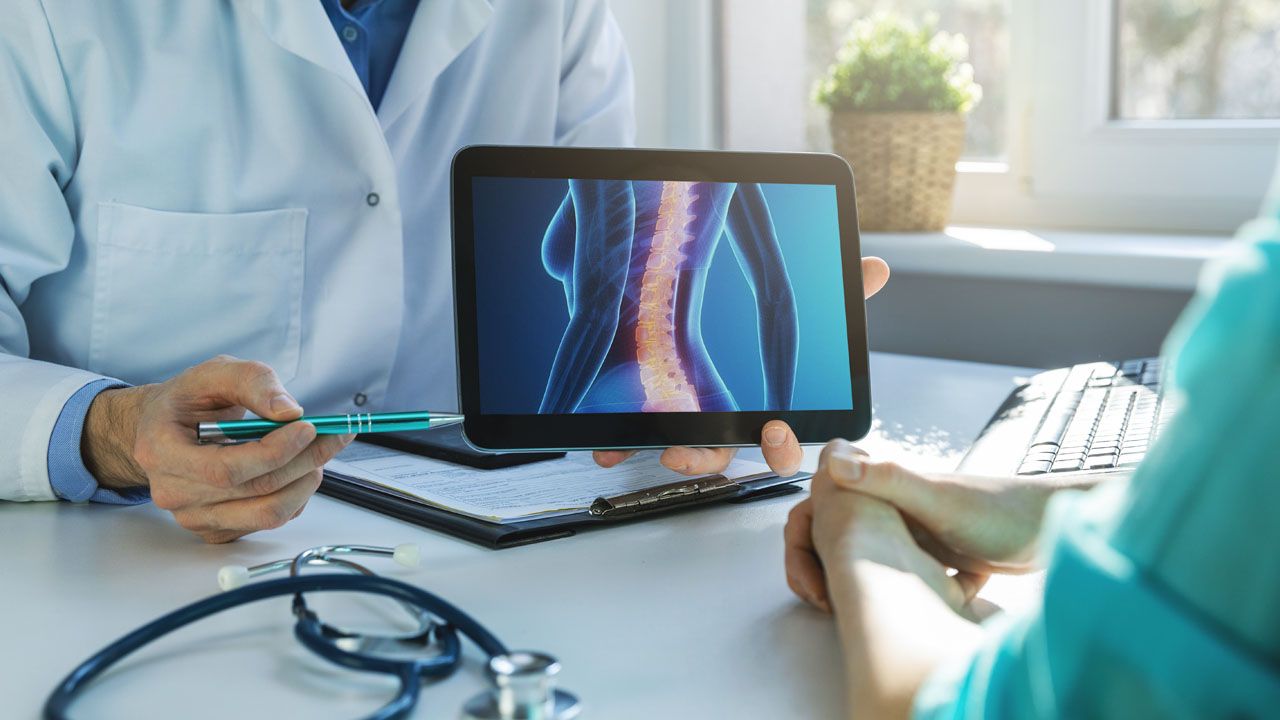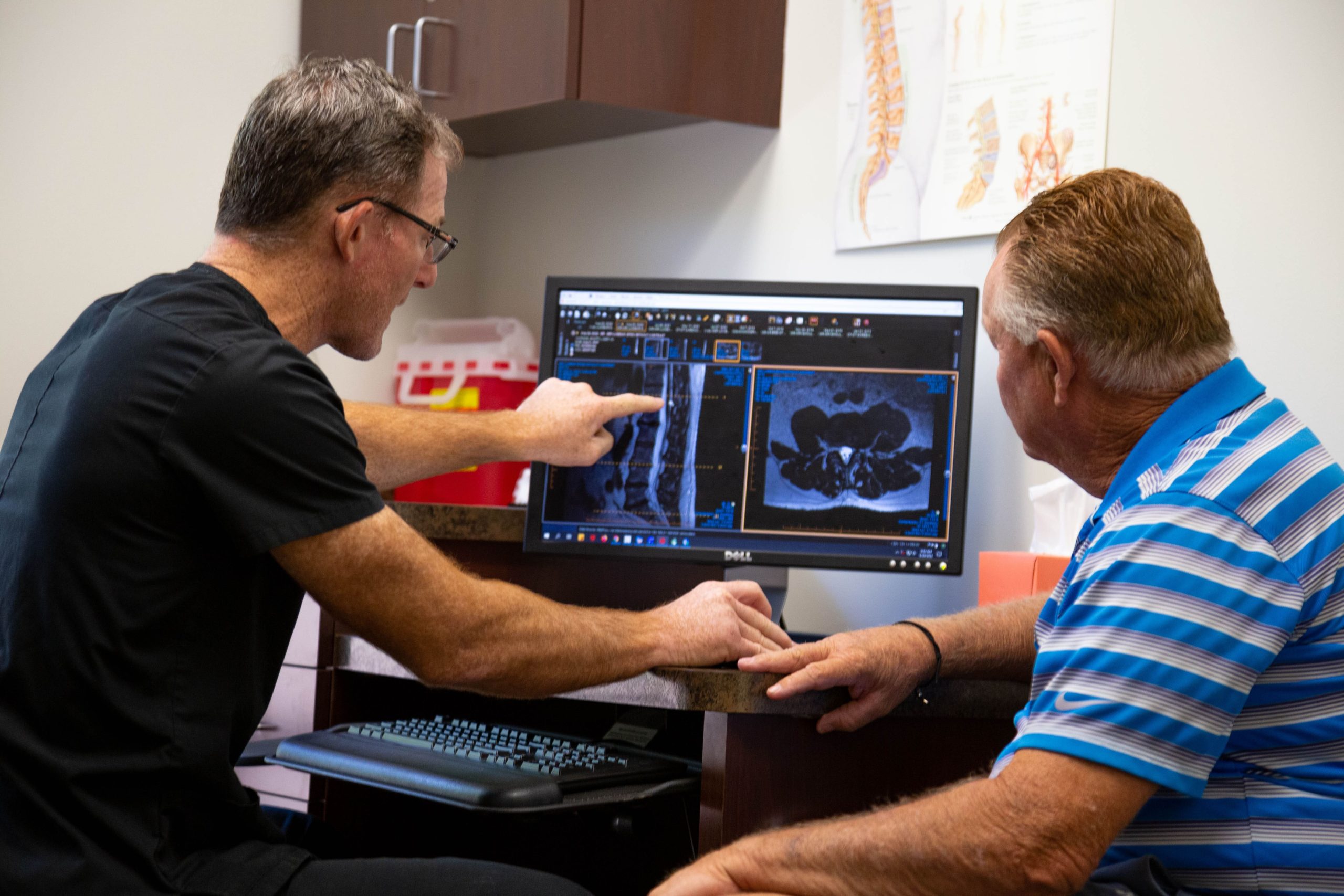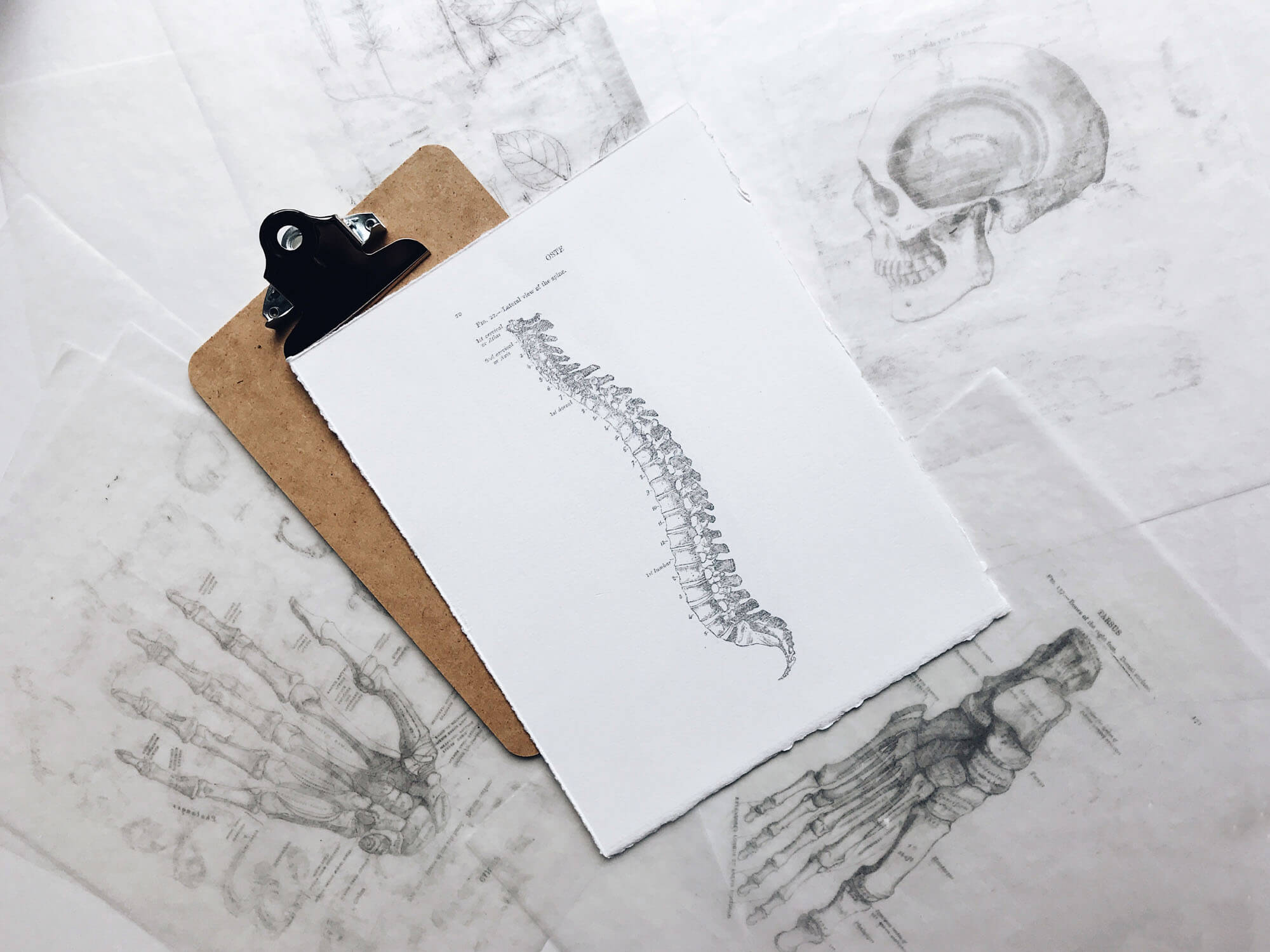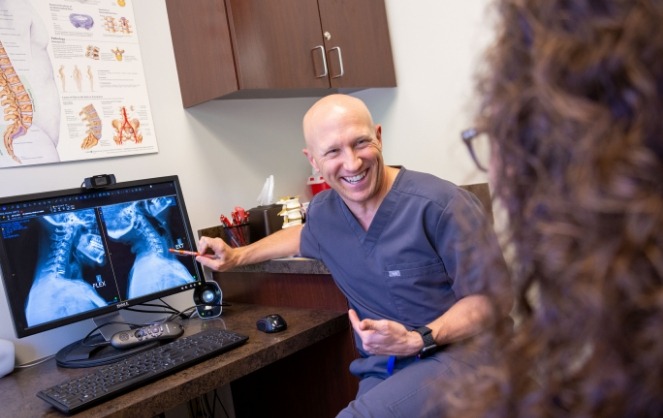
December 9, 2025
Actionable Sciatica Tips for Increased Relief
November 13, 2025
DISC Surgeons Named 100 Best Doctors in AZ 2026
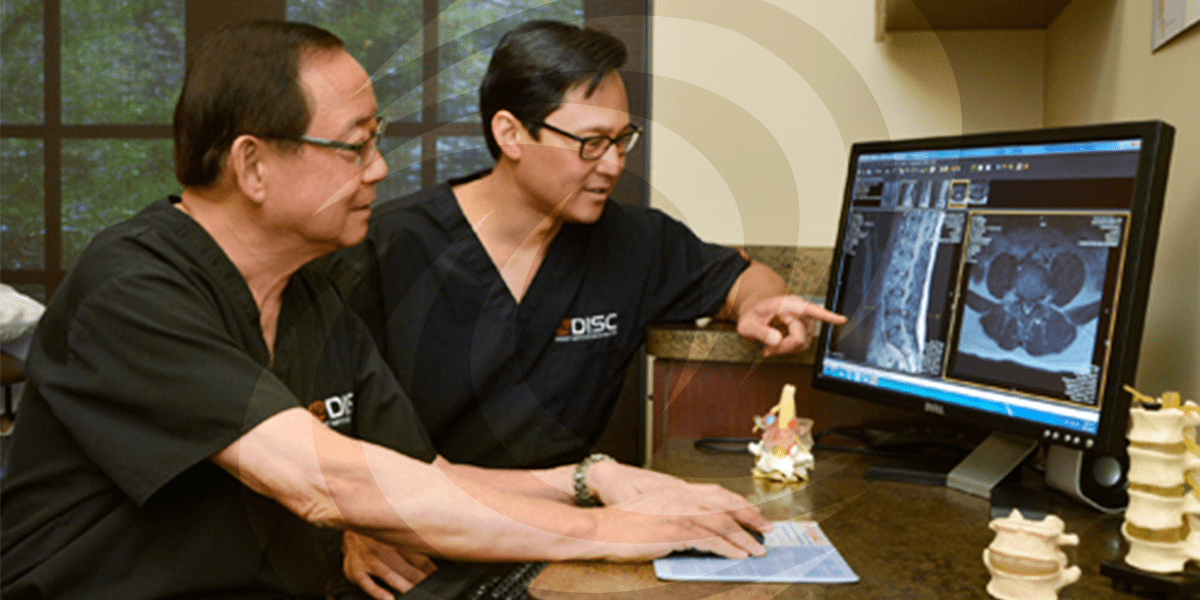
October 10, 2025
Evolution and Legacy of Endoscopic Spine Surgery
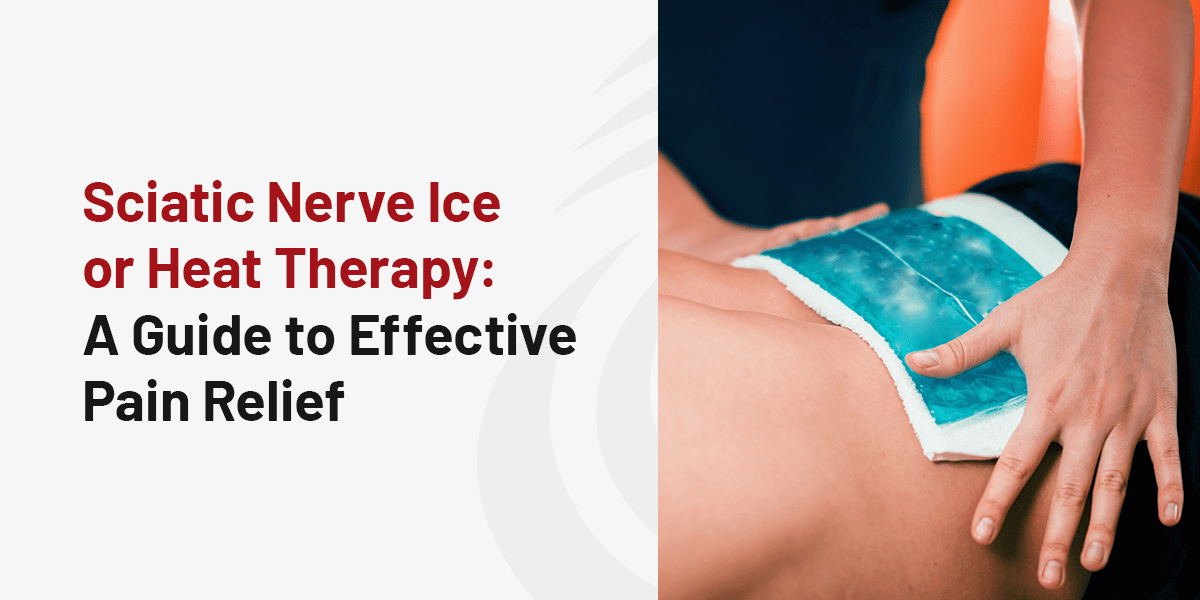
October 10, 2025
Sciatic Nerve Ice or Heat Therapy: A Guide to Effective Pain Relief

September 3, 2025
Standing Tall: A Spine Surgeon’s Guide to Beating Back Pain on Your Feet

August 6, 2025
DISC Surgeons Awarded – America’s Leading Doctors for 2025
Celebrating Excellence: Drs. Chris Yeung, Justin Field, and Nima Salari Named America’s Leading Doctors 2025 We are thrilled to announce that Drs. Chris Yeung, Justin Field, and Nima Salari have been recognized among America’s Leading Doctors 2025! This prestigious honor highlights their exceptional expertise and dedication to advancing healthcare in their respective specialties. Publication Date: […]

July 16, 2025
Congratulations Dr. Field
Congratulations to Dr. Justin Field on recently passing the milestone of 25 patients treated with Barricaid, a pioneering annular closure device (ACD) and earning the distinction of Barricaid Gold Center of Excellence! This 50 year old female patient is a flight attendant who suffered a disc herniation at L5-S1. Dr. Field performed a discectomy with Barricaid to relieve […]
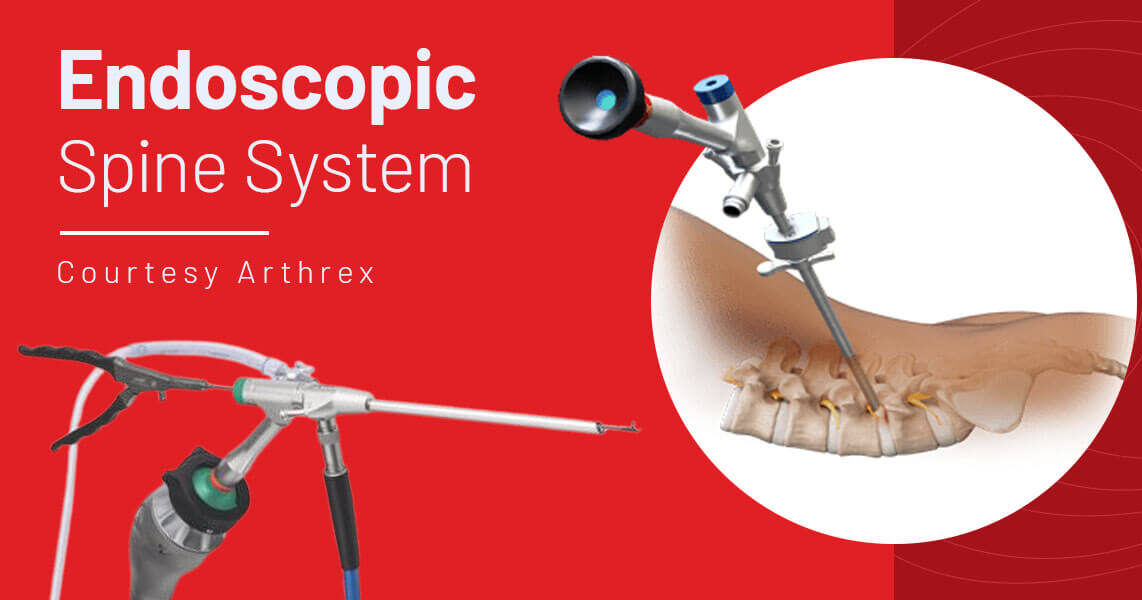
July 11, 2025
Selecting the Ideal Spine Surgeon for Endoscopic Spine Surgery

April 4, 2025
What Is a Pinched Nerve?
A pinched nerve, also known as radiculopathy in medical terms, is a condition in which one or more nerves are compressed or “pinched” and unable to function properly. This happens when the nerve suffers from too much pressure caused by surrounding tissues, such as bones, muscles, cartilage and tendons. Nerves function like electrical cables, transmitting signals between the brain, spinal cord and the rest […]

